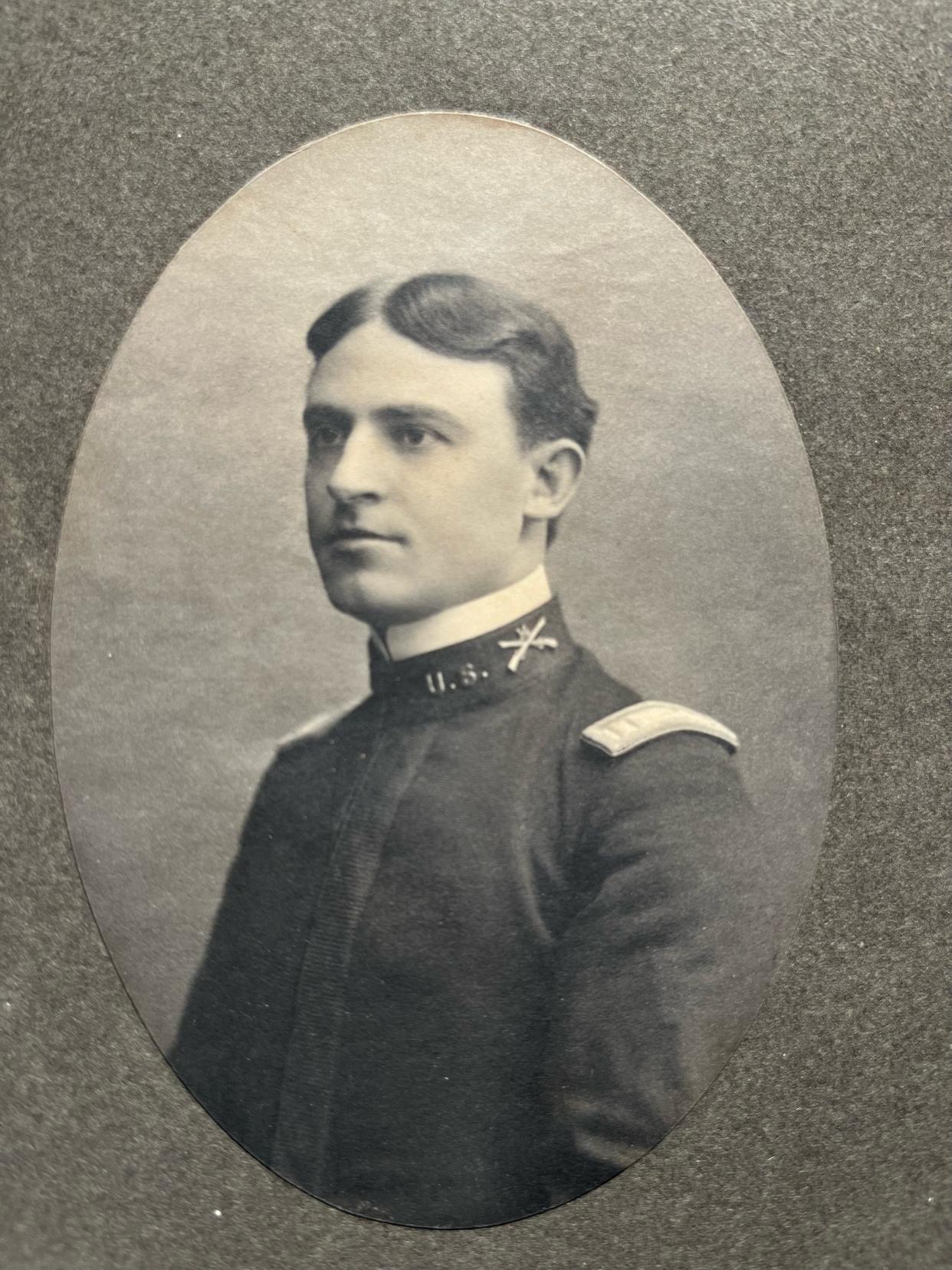Veterans column: USS Maine sinking, war against Spain launches Perry Miles' military career

- Oops!Something went wrong.Please try again later.
The sinking of the USS Maine in Havana Harbor, and the reported atrocities that the Spanish Army had inflicted on the Cuban people, fueled American sentiment that the United States should get involved in Cuba’s fight for independence.
On April 25, 1898, Congress approved a resolution declaring war on Spain. However, the war wasn’t limited to Cuba. To cripple the Spanish Navy on May 1, 1898, U.S. Naval ships commanded by Commodore George Dewey defeated the Spanish ships anchored at Manila in the Philippines.
Meanwhile, at Vancouver Barracks in Washington, Perry Miles, who was serving with the 14th Infantry, remembered how the soldiers were feeling. In his memoirs, “Fallen Leaves: Memories of an Old Soldier,” he wrote that after the declaration of war the soldiers waited “impatiently for mobilization orders,” but they were disappointed. The first list of published orders didn’t include the 14th Infantry.
Veterans column: Brig. Gen. Perry Miles of Johnstown starts his Army career at West Point
Miles, who had recently been promoted to first lieutenant, wrote, “Was it possible that I was not to participate in the only war that might occur in my lifetime when I was devoting my whole life’s work in a service which was supposed to give me special preparation for just this sort of thing?” Fearing he would miss the fight, Miles sent an application through military channels to the adjutant general of the Army, asking to be reassigned to any infantry regiment in the field. He need not have worried about missing the war. Shortly after Dewey’s victory in Manila, the 14th Infantry received orders to report to San Francisco.
The regiment boarded train cars on May 7 and arrived in San Francisco the next day. They set up camp and immediately began recruiting men to bring their regiment up to what was considered “war strength.” Miles noted that even though soldiers had always been stationed in San Francisco, “troops going to a war front seemed to be another kind of creature. It was found necessary to have visiting hours and to keep sentinels about the whole camp except at those published hours. I remember how curious the people visiting our camp were to see everything about how the soldiers lived. We found that we had less privacy than a goldfish has in his bowl. The goldfish usually had something in the bottom of the bowl behind which or into which it could find refuge, but securely tying the flaps of our tents when we wished to change clothes or rest a few minutes on our bunks undressed did not prevent curious hands from pulling the flaps far enough apart to get an eye full of the interior.”
Veterans column: Lt. Wayne Crowl's remains to be interred eight decades after his death
Shortly after their arrival, they learned they would not be going to Cuba but instead were headed for Manila. Miles wrote, “About all that any of us knew about this city was that it was a place that gave its name to Manila rope from the hemp shipped there.”
The army wanted to send troops to the Philippines as soon as possible, but there were no naval ships nearby suitable for carrying troops. Another problem that Miles recorded was the fact that the U.S. military “had never shipped troops in a trans-oceanic voyage before we had no experience as to the actual needs. We were to be the guinea pigs.”
Doug Stout is the Licking County Library local history coordinator. You may contact him at 740.349.5571 or dstout@lickingcountylibrary.org.
This article originally appeared on The Columbus Dispatch: Veterans column: USS Maine sinking launches Perry Miles' military career

